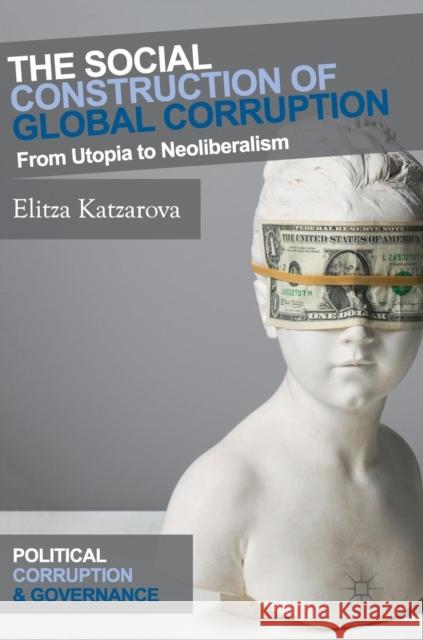The Social Construction of Global Corruption: From Utopia to Neoliberalism » książka
topmenu
The Social Construction of Global Corruption: From Utopia to Neoliberalism
ISBN-13: 9783319985688 / Angielski / Twarda / 2018 / 238 str.
This book offers new ways of thinking about corruption by examining the two distinct ways in which policy approaches and discourse on corruption developed in the UN and the OECD.











